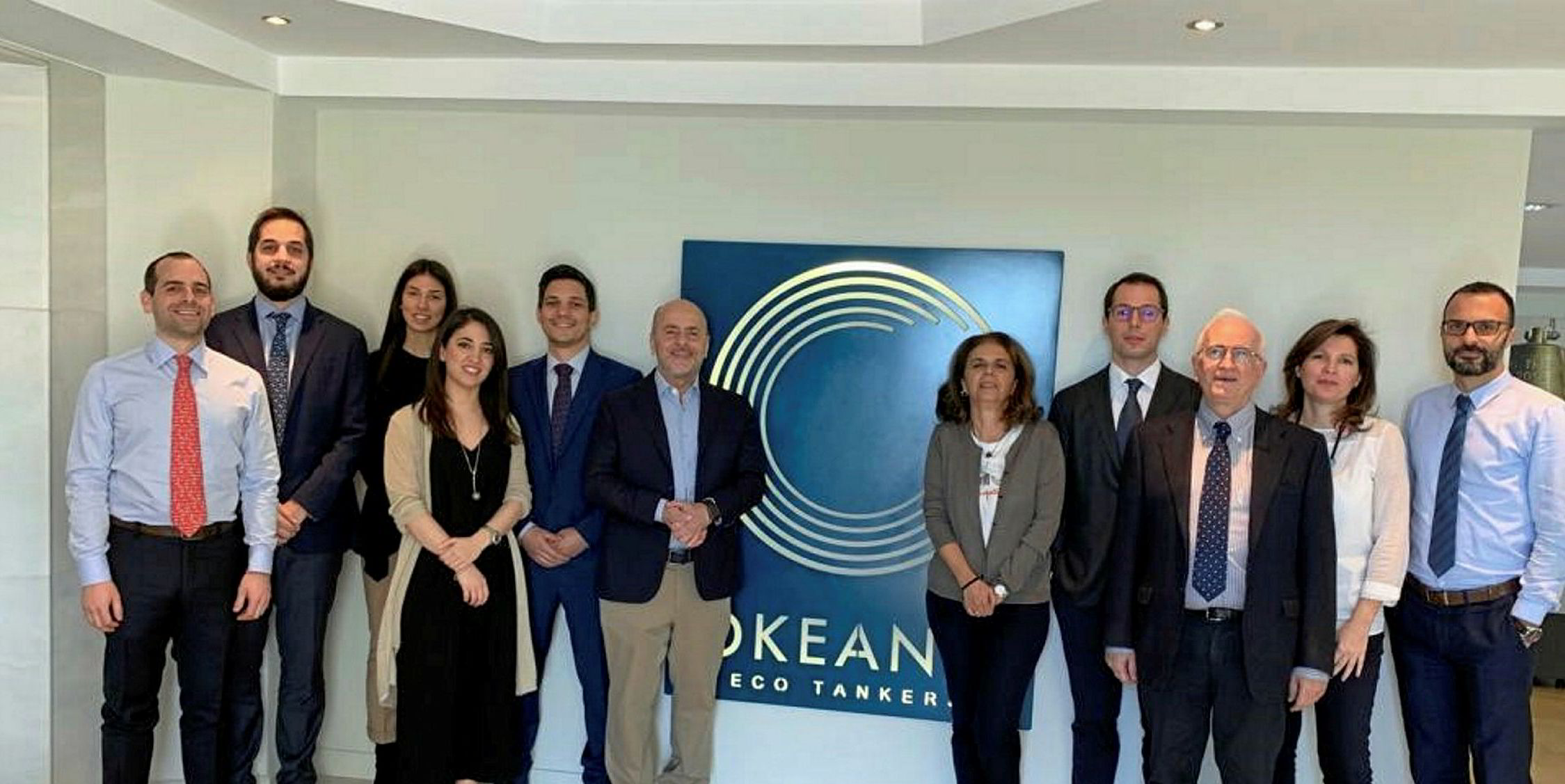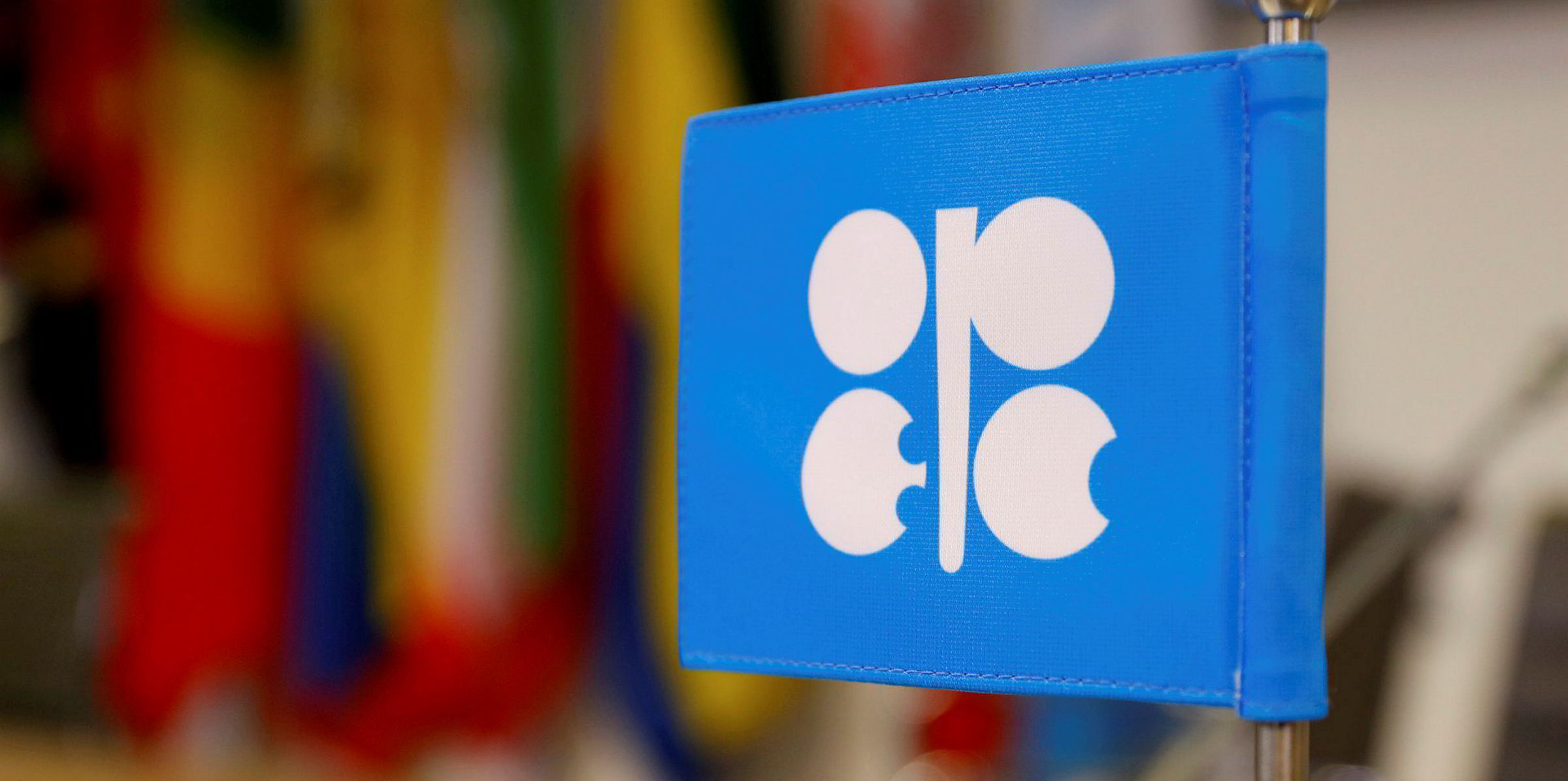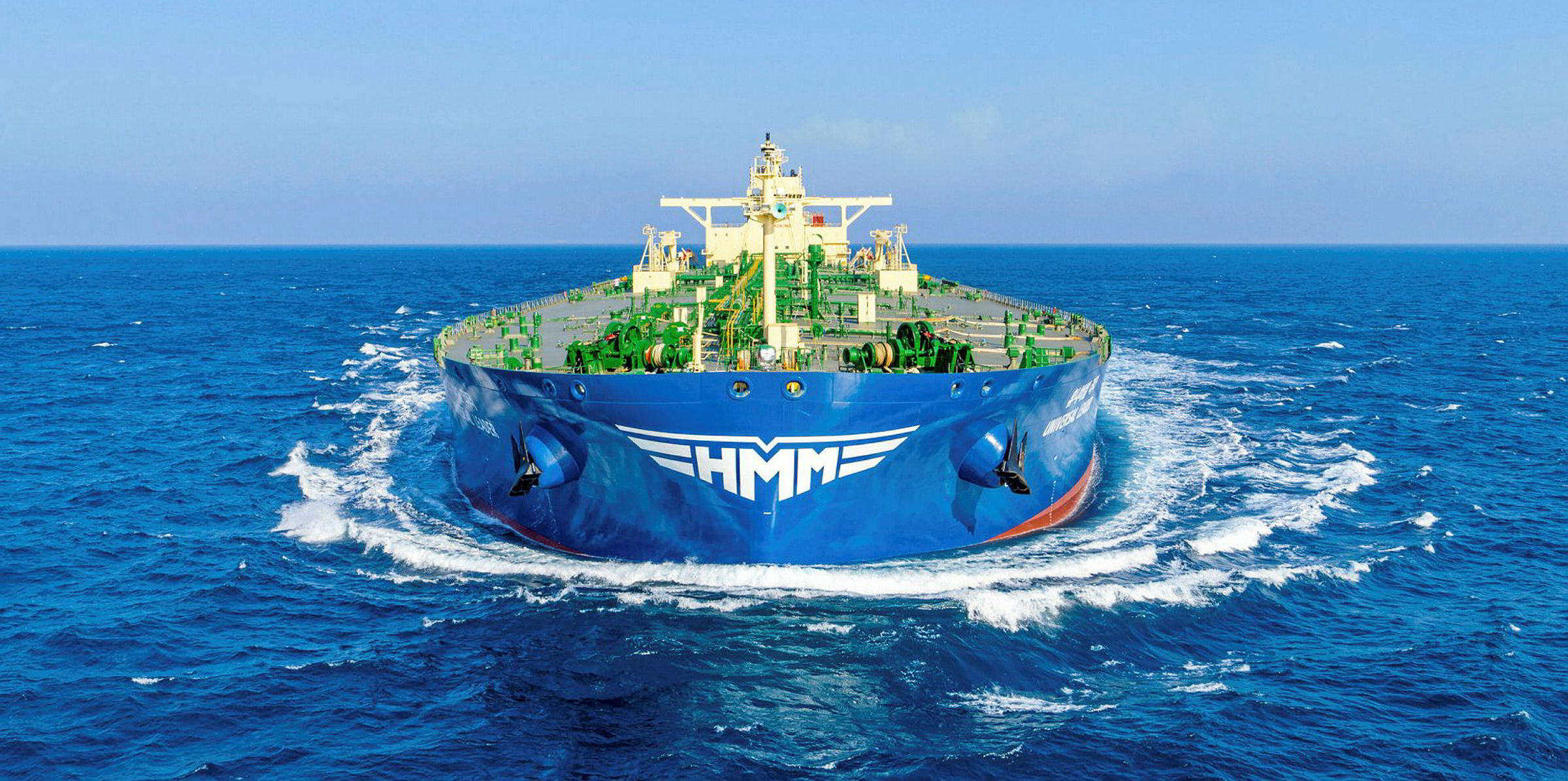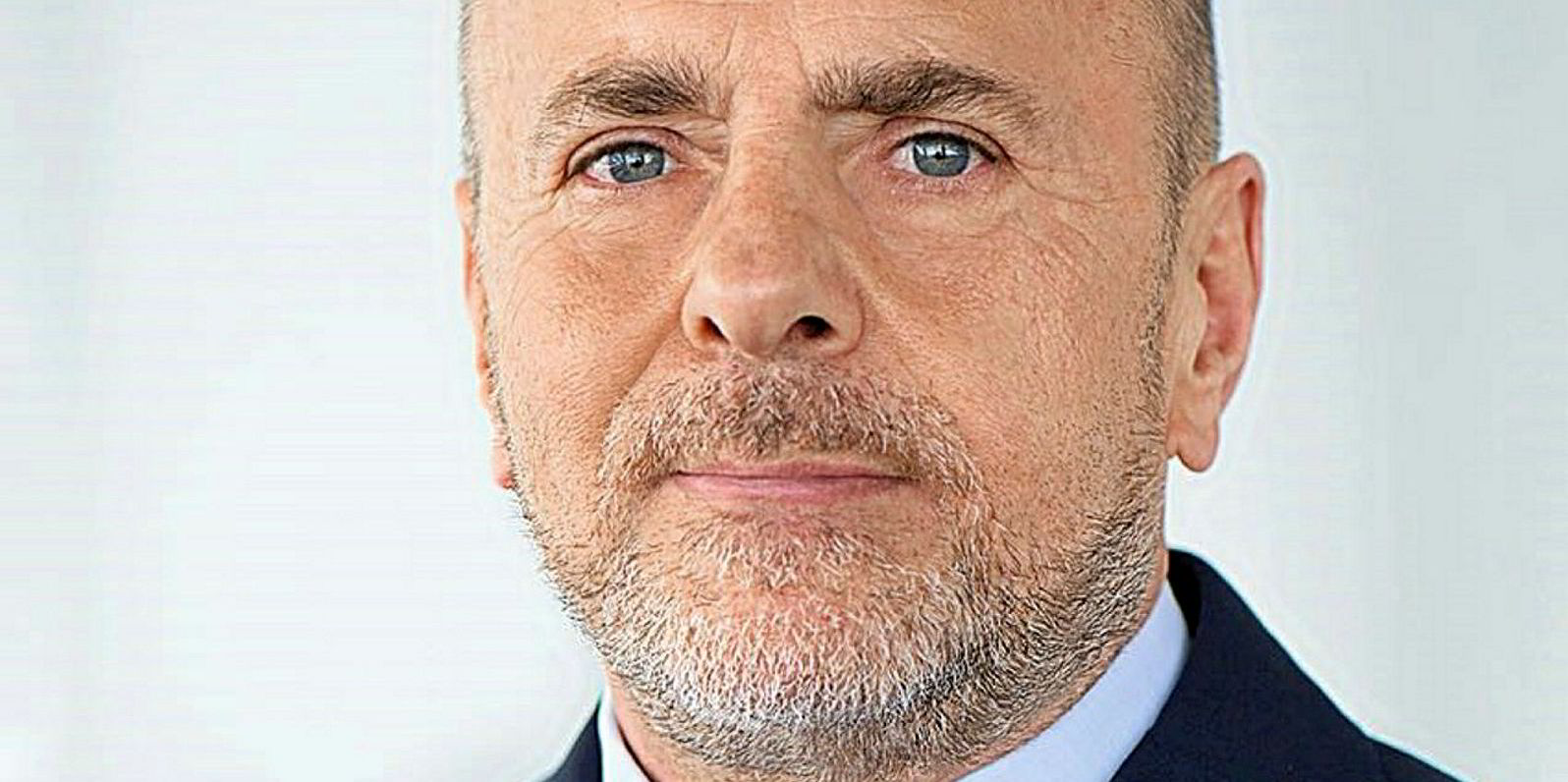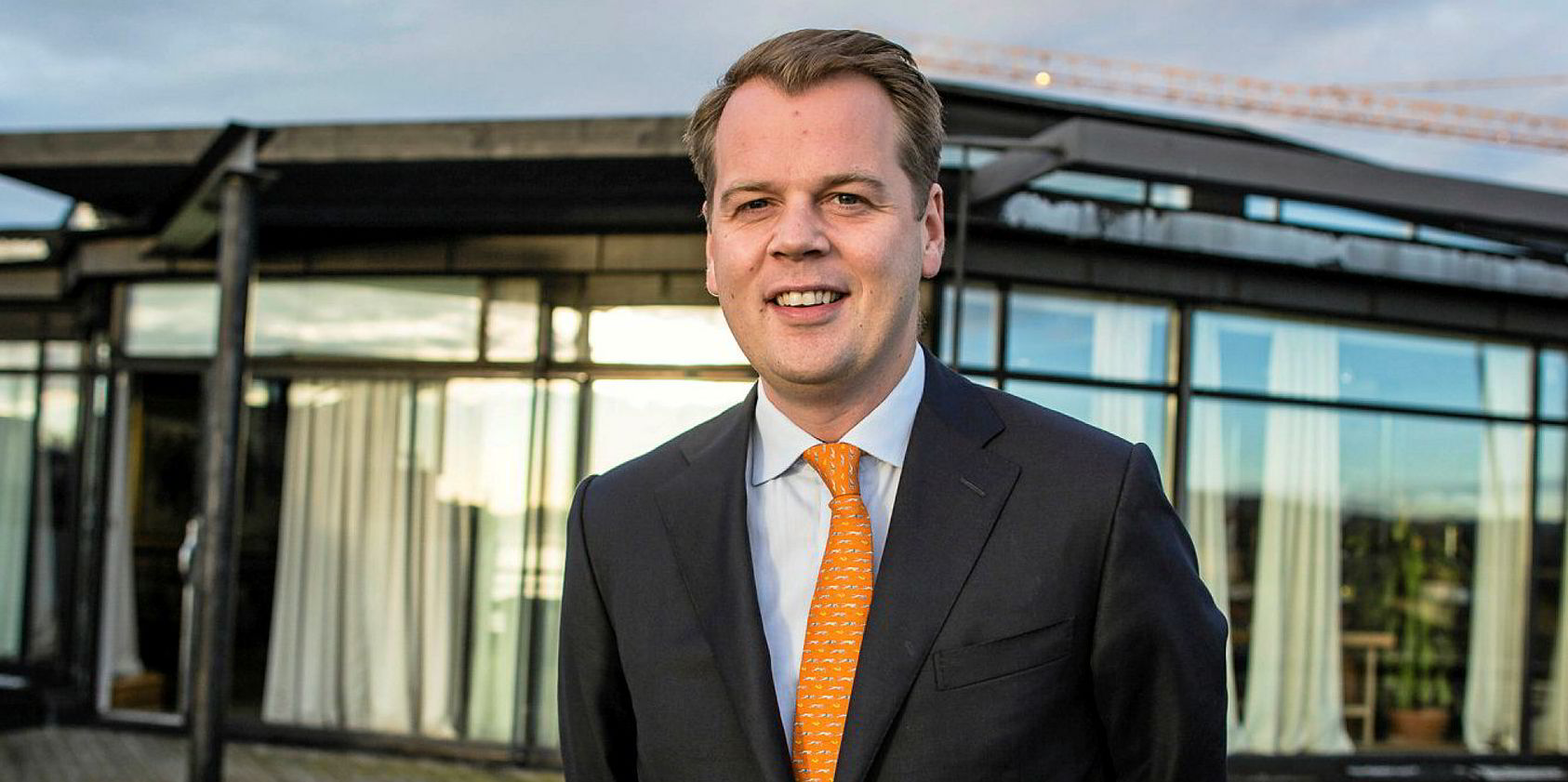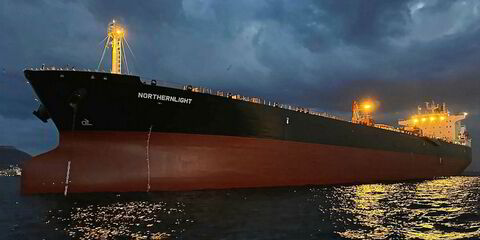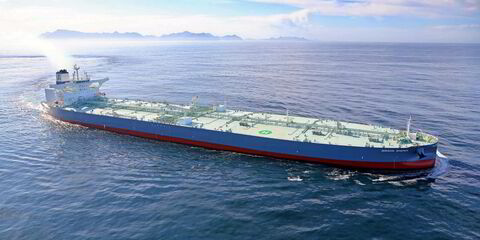Greece's Okeanis Eco Tankers (OET) has outlined the operational strategy that has allowed it to outperform rivals on tanker rates.
The Oslo-listed company has fixed market-leading forward fixture levels in the first quarter of $100,200 per day for VLCCs, $76,500 for suezmaxes and $46,500 for aframaxes.
Speaking on the OET conference call with analysts, management said the shipowner's success has been partly due to its reactions to swings in the market. Also helping was its early adoption of scrubber technology for its eight new VLCCs and retrofitting of other vessels in the fleet.
Chief financial officer John Papaioannou said that all four of its suezmaxes have now had exhaust gas cleaners installed.
This was done in Turkey for optimal voyage positioning, and has also meant no delays due to the Covid-19 outbreak, which has hit Chinese shipyards.
Work on three aframax-size LR2 tankers will take place through to May. This will involve 45 days of off-hire.
It has timed this not only to coincide with market weakness in 2020, but also to fit in naturally with their five-year special surveys, thereby only adding 15 days to the regular off-hire period.
Keeping faith with scrubbers
Okeanis' view on scrubbers has not changed.
"We committed to a strategy that we believed in and continue to believe in. The fuel spread has narrowed at different times, especially during shocks to the system, but we believe it will recover," chief operating officer Aristidis Alafouzos said.
"We believe that in a normal oil consumption environment, the spread will be considerable, giving us a quick payback of our retrofits. Even today with a fuel spread of $150, on the aframaxes the scrubber payback is 20 months."
Chief executive Ioannis Alafouzos added that the fuel spread has been narrowing, thanks to a demand shock and oil price slump, which he said "sooner or later will normalise".
Aristides Aloufouzos said OET's strategy of fixing spot vessels from the Middle East Gulf (MEG) to South Korea allowed it to maximise the route distance and also to refix quickly into the market during its fourth quarter boom.
The trip is much shorter than US, West Africa or Brazil runs, but brings additional scrubber benefits compared to the shorter Singapore voyage.
The trips also allowed it to buy heavy fuel oil at $70 to $90 per tonne less than it could have in Singapore.
But Alafouzos also said the company took advantage of one West African discharge to then load in Brazil and discharge crude in China, which he called a "lucrative voyage."
Coronavirus cloud has a silver lining
Ioannis Aloufouzos said the coronavirus had meant newbuilding orders had come to a full stop.
This left Okeanis in a "highly advantageous position to capitalise on extremely attractive fundamentals of the tanker market".
The owner views Covid-19 as a silver lining for the company, with its operational scrubber-fitted fleet.
"This genuine black swan event only postpones — and does not alter — our plans, the company said.
The executives added the market has been rebounding over the past week or so.
Fleet nearly fixed
For the first quarter, there are not many of its ships left to fix. With the two free VLCCs, it expects numbers in the very high $30,000s per day, but probably in the low $40,000s, as the market has firmed out of West Africa and the MEG.
One suezmax is left to fix. If it takes a backhaul trip, as is likely, the rate could be in the high $20,000s to low $30,000s per day.
Okeanis' break even for VLCCs is in the low to mid $20,000s per day, with suezmaxes between $20,000 and $21,000.
Aframaxes are breaking even in the high teens.
The company has no inclination to put any of its tankers on period charter, the executives said.
"We're very confident our ships are efficient enough to earn above break even in circumstances even worse than they are today. We want to keep our powder dry and maximise returns when the situation normalises, whether that's in one month, two months, six months or a year," Papaioannou added.
"We are currently fixing spot in line with the best term rates over three to five years. We strongly believe we will outperform them significantly - and it gives you the flexibility to sell the assets."
Interest in the fleet
With such high earning levels, merger and acquisition interest has always been there, the company said.
It has set up a sub-committee to handle incoming inquiries.
"At times that committee has been busy, other times not so much. I would say today is probably somewhere in the middle," said Papaioannou.
Aristidis Alafouzos added: "We've had consistent interest in our fleet, all sizes. Given the current situation with the coronavirus the buyers' ideas have become a bit more aggressive."
Capital to be returned — at some point
The company has decided to halt dividend payments to retain a cash buffer to insulate against Covid-19 effects, but will return any cash pile to investors when the situation dies down.
The bosses said they understood shareholders' frustration with the policy, but Papaioannou said: "We feel good about our ability to navigate the current markets."
He added that share repurchases will be discussed and evaluated along with the dividend policy.
"Yes, that does form part of the mix of capital return to shareholders," he said.
